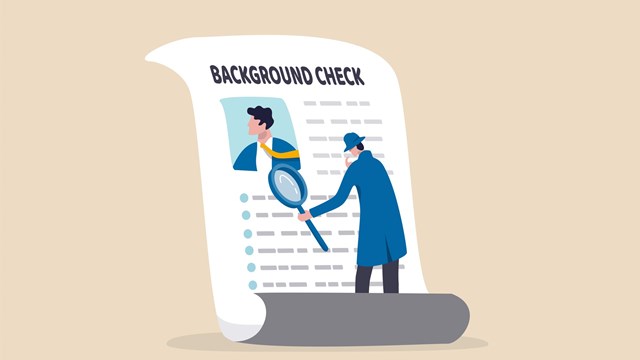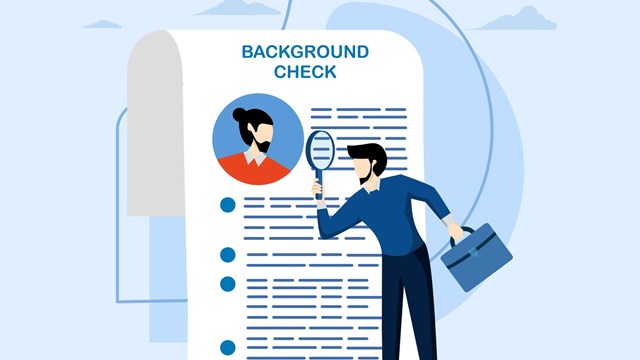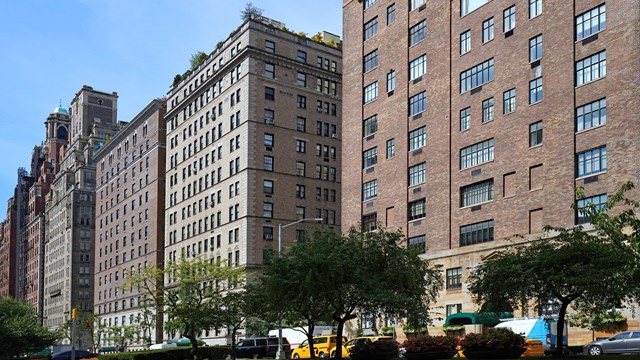
New York City already had the largest, most extensive, most specific list of protected groups in the nation when it comes to housing discrimination. With the New York State Legislature’s passage of the Fair Chance Housing Act earlier this year, another group has been added to the list: convicted felons.
The new law provides that a criminal background check can no longer be completed as part of an application for the purchase of a condo, or co-op shares, or rental of an apartment.
To Be Fair
To be fair, not every person convicted of a felony is a violent career criminal - but to also be fair, not everyone who serves their time comes out a reformed, law-abiding citizen.
“The law was an outgrowth of the racial justice movement,” explains Hal Coopersmith, an attorney and a partner at Manhattan-based law firm Coopersmith & Coopersmith. It was also - in part - a response to the mass incarceration problem that has arisen over the past three decades thanks to the War on Drugs, and an attempt to give those caught up in it a chance to move on in life.
The Fair Chance Act does include carve-outs for sex offenses, and for those who have additional misdemeanor or felony charges against them within three to five years of completion of their sentence. Other carve-outs apply to federal, state or local laws, including laws protecting victims of domestic violence, sex offenses, or stalking, or require or permit exclusion based on criminal history. The bill does not apply to two-family owner-occupied housing or rooms in owner-occupied housing. Covered entities are not liable under other laws for complying with this law.
What this means in the context of co-ops, condos, and HOAs, says Coopersmith, is that “Condo and co-op boards, managers, and other individuals who review applications can no longer ask about a [prospective buyer’s] criminal history,” and “must change all printed and digital applications” to omit any such inquiries. Though the law was passed in January 2024, it doesn’t go into effect until January 2025, to give owners, managers, and boards time to adjust and comply.
What Should Boards Do?
In a word, not much is necessary, beyond adjusting their existing applications accordingly. According to Coopersmith, “The problem [of felons trying to buy into buildings] wasn’t widespread with regards to co-ops and condos to begin with, particularly for high-end properties. If someone went to jail for white collar crime, odds are the co-op or condo can find another reason to deny them. Boards aren’t required to disclose why they denied the application. There was proposed legislation about disclosures last year, but that bill didn’t pass.”
In fact, there are many legally legitimate reasons a board - particularly in a co-op - might want to reject an application from someone with a criminal history that has nothing at all to do with their conviction. That person might be a celebrity, for example, and the board and community might not want the added security issues that arise when a celebrity moves in. While former President Richard Nixon was not a convicted felon, and never served time in prison, he was rejected by an Upper East Side co-op building due to his notoriety and the added inconveniences residents would have to endure if they accepted him into the co-op. Similarly, a well-known celebrity who served time for lying about a stock trade and has completely rehabilitated herself is another example of someone a co-op or condo could legally deny due to celebrity, which is not a protected class.
It should be noted that co-ops in general have a little more leeway in rejecting applicants than condo boards enjoy. But as Coopersmith points out, in a condominium situation, the board could simply hold off on issuing the waiver of rights of first refusal which acts as kind of a pocket veto.









2 Comments
Leave a Comment